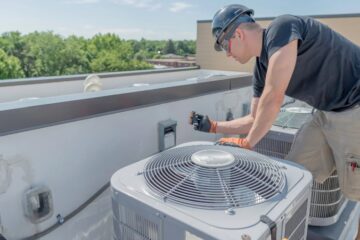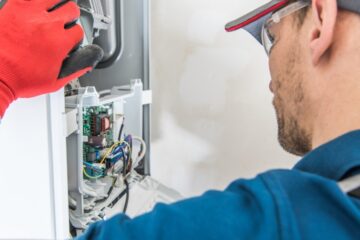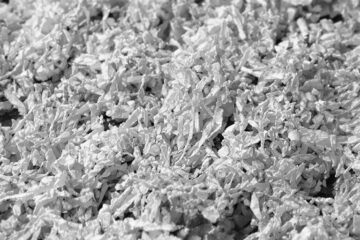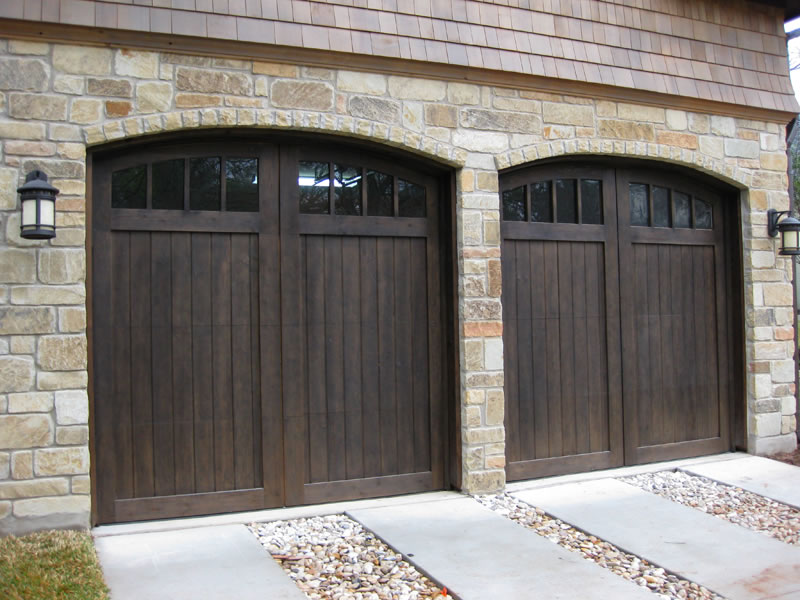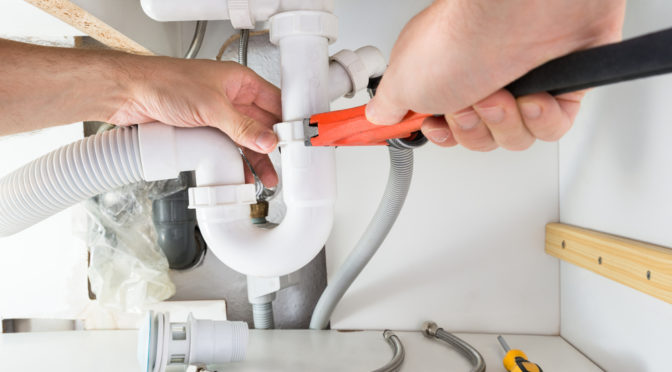The Role of Plumbing Inspections in Preventing Winter Pipe Freezing
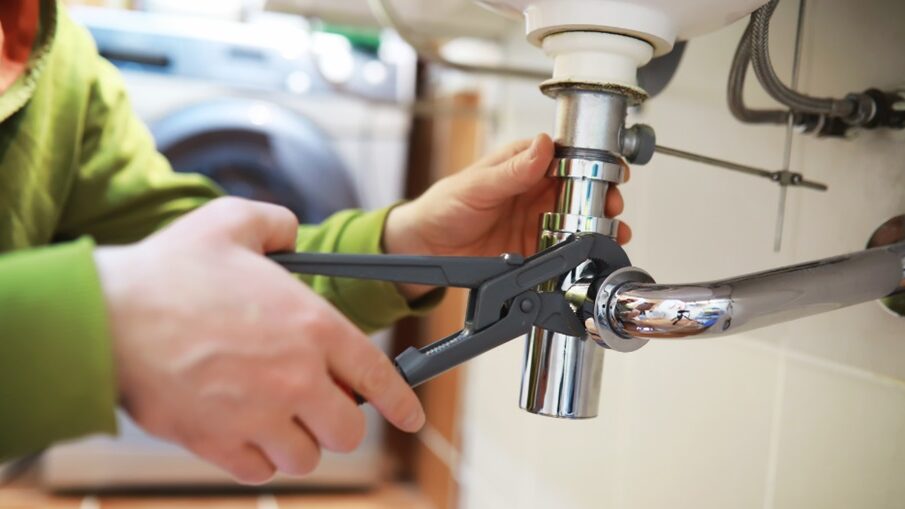
Winter weather can wreak havoc on your plumbing system, with frozen pipes being one of the most common and expensive issues. Scheduling a plumbing inspection with a trusted plumber in Dayton before winter sets in is one of the smartest ways to protect your home.
Why Do Pipes Freeze in Winter?
When temperatures plummet, any water left in your pipes can freeze, expand, and put immense pressure on the pipe walls. This can lead to cracks or complete bursts, causing water leaks and potential flooding once everything thaws. Pipes in unheated areas like basements, crawl spaces, and attics face the highest risk.
How Plumbing Inspections Help Prevent Pipe Freezing
A thorough plumbing inspection ensures your system can handle severe winter conditions. Here are some of the key benefits:
Identifying Vulnerable Areas
During an inspection, professionals evaluate your system to detect exposed or weak points, such as uninsulated pipes or small leaks. Addressing these vulnerabilities early prevents them from worsening as temperatures drop.
Insulation and Sealing
Properly insulated pipes are your first line of defense against freezing. A plumber may recommend adding pipe sleeves or heat tape to exposed plumbing. Inspectors also check for gaps or cracks around pipes that can allow cold air to seep in and worsen freezing risks.
Guidance on Preventative Measures
Inspectors can advise you on basic winter-prep actions, such as leaving faucets dripping, setting your thermostat at a steady temperature, and shutting off outdoor water lines. This tailored guidance ensures your plumbing system is set up for success no matter how cold it gets.
Spotting Signs That You Need a Plumber
A proper inspection can also uncover existing issues that call for immediate attention. Sometimes, warning signs can go unnoticed by homeowners but may indicate potential plumbing emergencies. You need your plumber to review a few signs to ensure you know what to look for, from persistent leaks to slow drains. Catching these problems early can save you from costly damage down the line.
Additional Tips for a Safe and Warm Winter
Professional plumbers don’t just inspect. They safeguard your home. It’s a good idea to look into a helpful resource on plumber safety tips. This article outlines how professionals ensure plumbing efficiency and home security during repairs and winter preparations.
When Should You Schedule an Inspection?
The fall season is the ideal time to get your plumbing system checked. Waiting until temperatures drop below freezing may leave you at risk of pipe damage. Instead, a timely inspection allows any preventative work, such as insulation or repairs, to be completed well in advance.
Conclusion
Preventing frozen pipes is much easier and cheaper than dealing with the aftermath of bursts. A detailed plumbing inspection can prepare your home for the cold months while saving you stress and money. Whether insulating vulnerable pipes or addressing undetected leaks, an inspection can be the key to a smooth, worry-free winter.
FAQs
Q: How often should I schedule a plumbing inspection?
A: It is recommended to have a plumbing inspection at least once a year, preferably in the fall, before temperatures drop.
Q: Can’t I just wait until there’s an issue with my pipes?
A: While it may seem like a cost-saving measure, waiting until a problem with your pipes can cost you much more in repairs and damages. It’s best to be proactive and prevent any potential issues.
Q: Is it necessary to schedule an inspection if I live in a warmer climate?
A: A plumbing inspection is still beneficial even in warmer climates. Temperature drops can still occur and cause damage to vulnerable pipes. Additionally, regular inspections can help detect any underlying issues that may not be immediately apparent.

